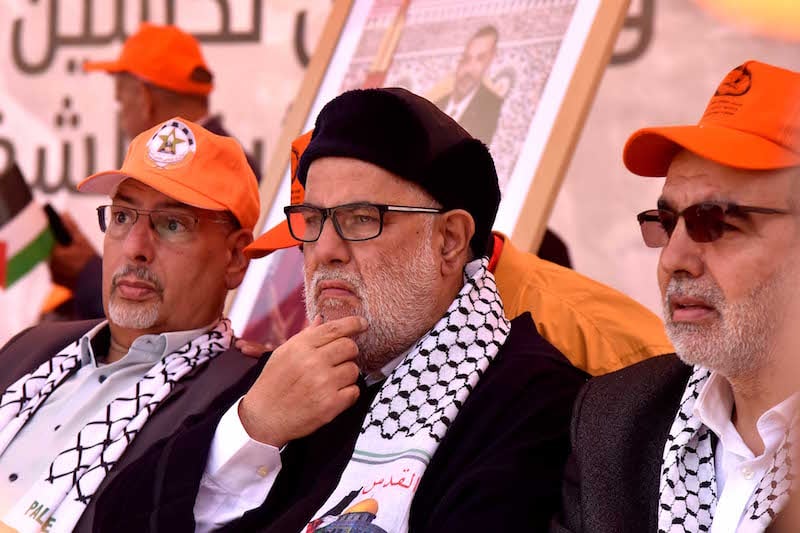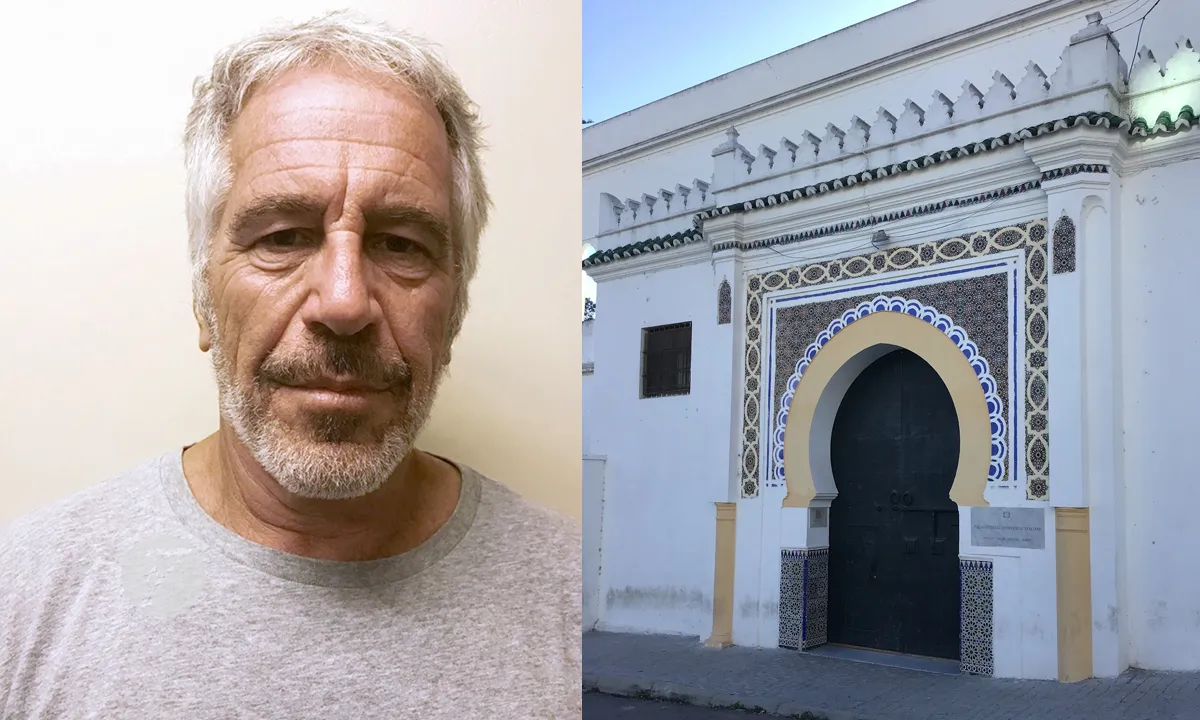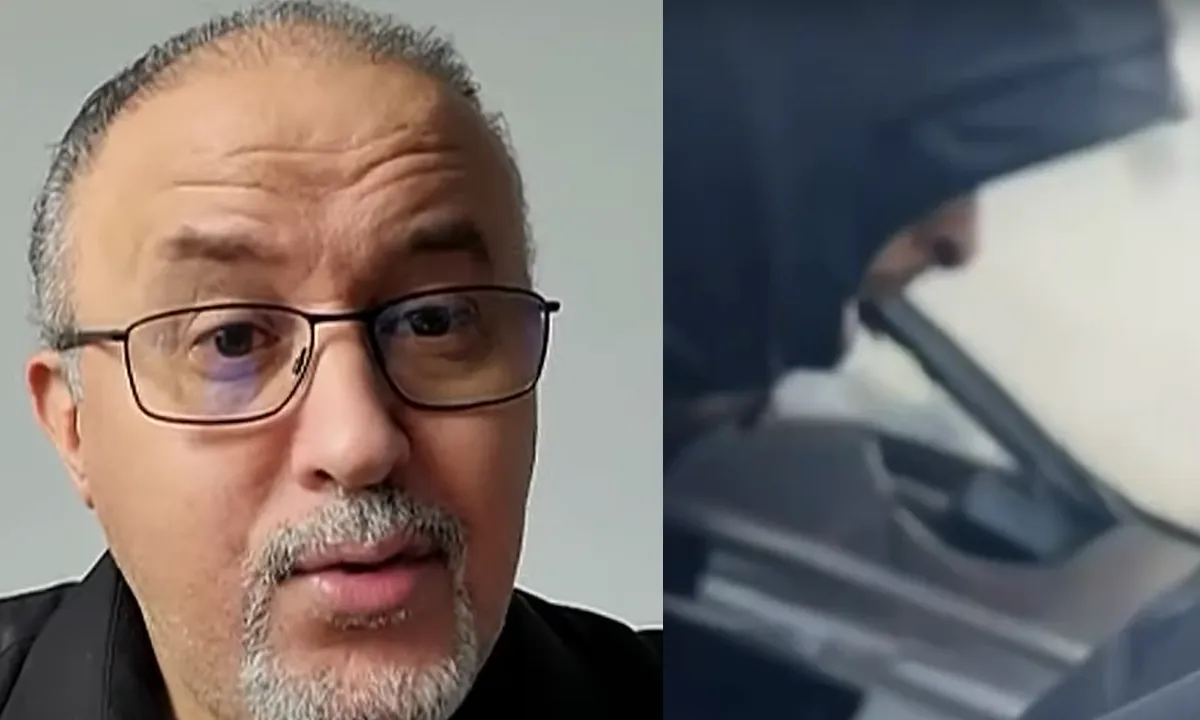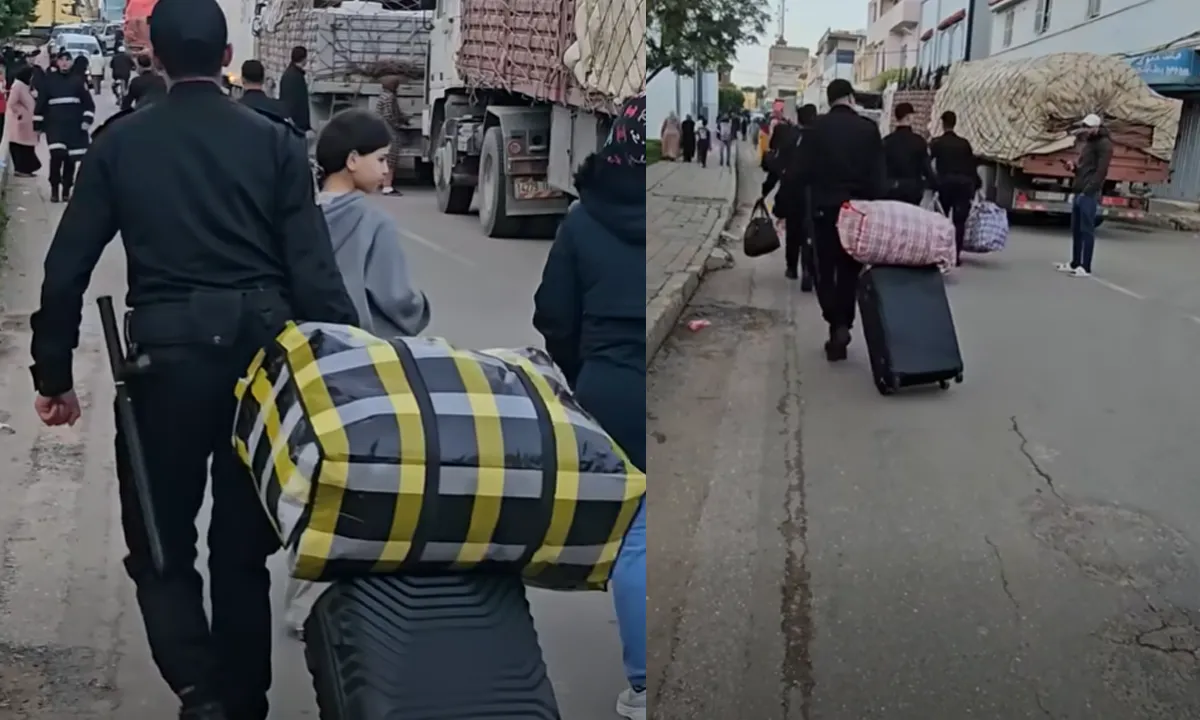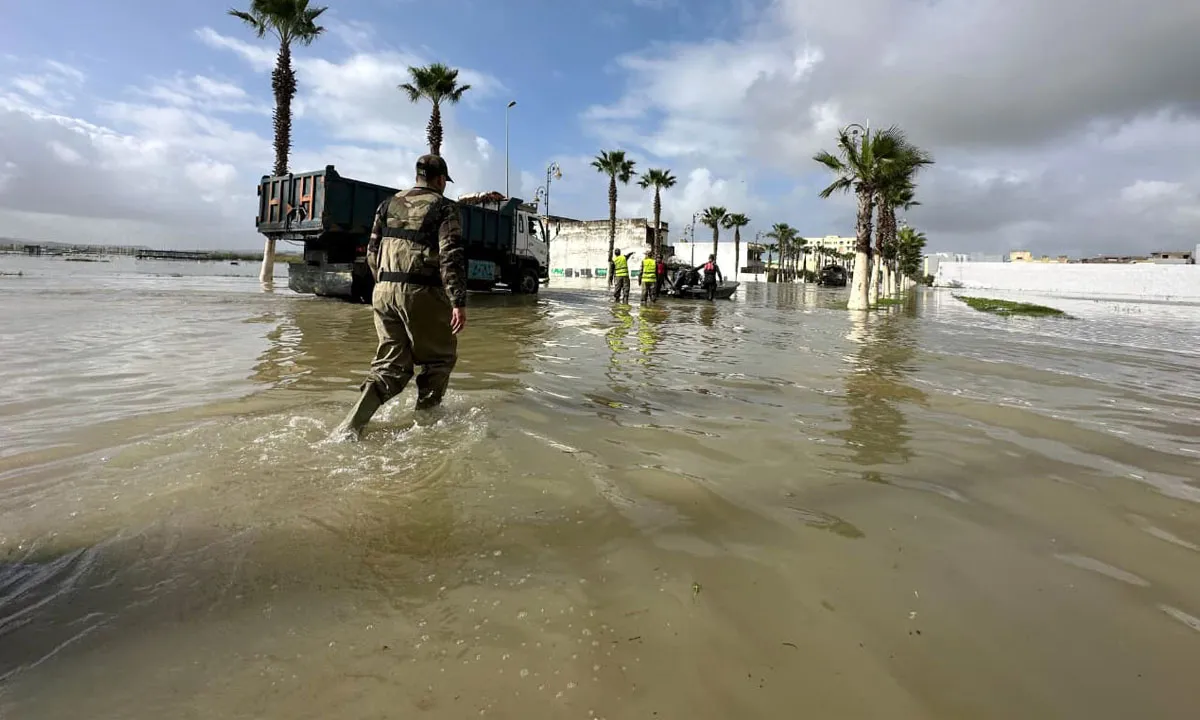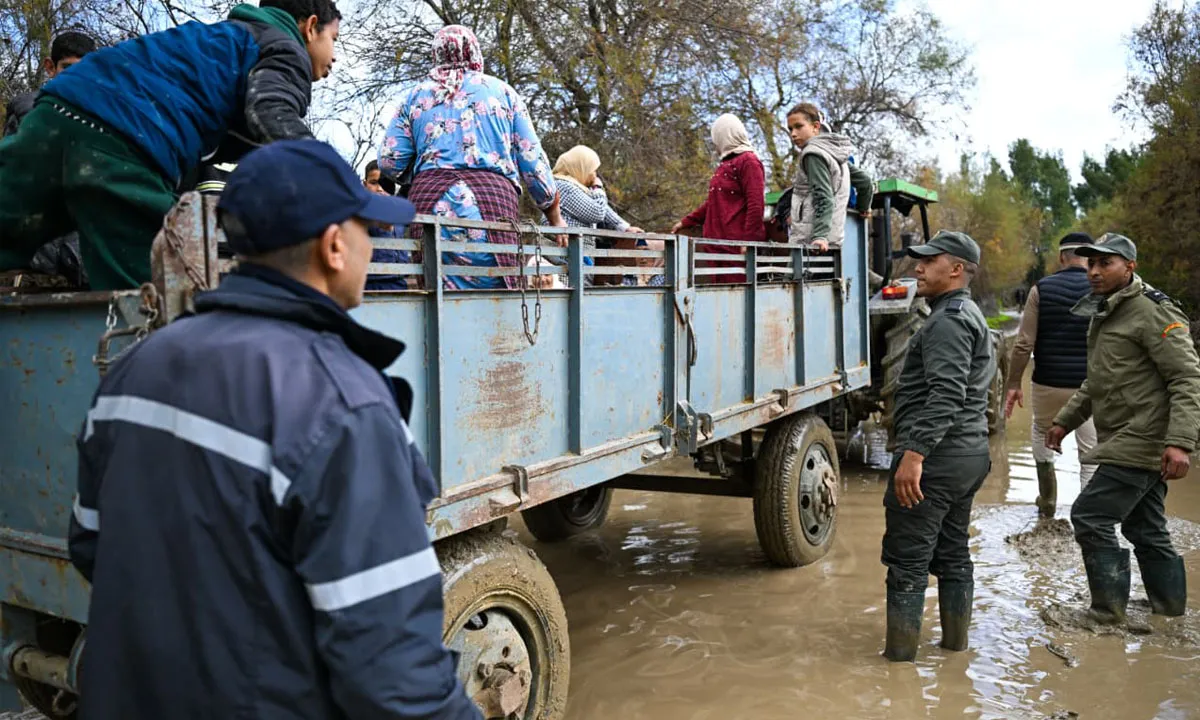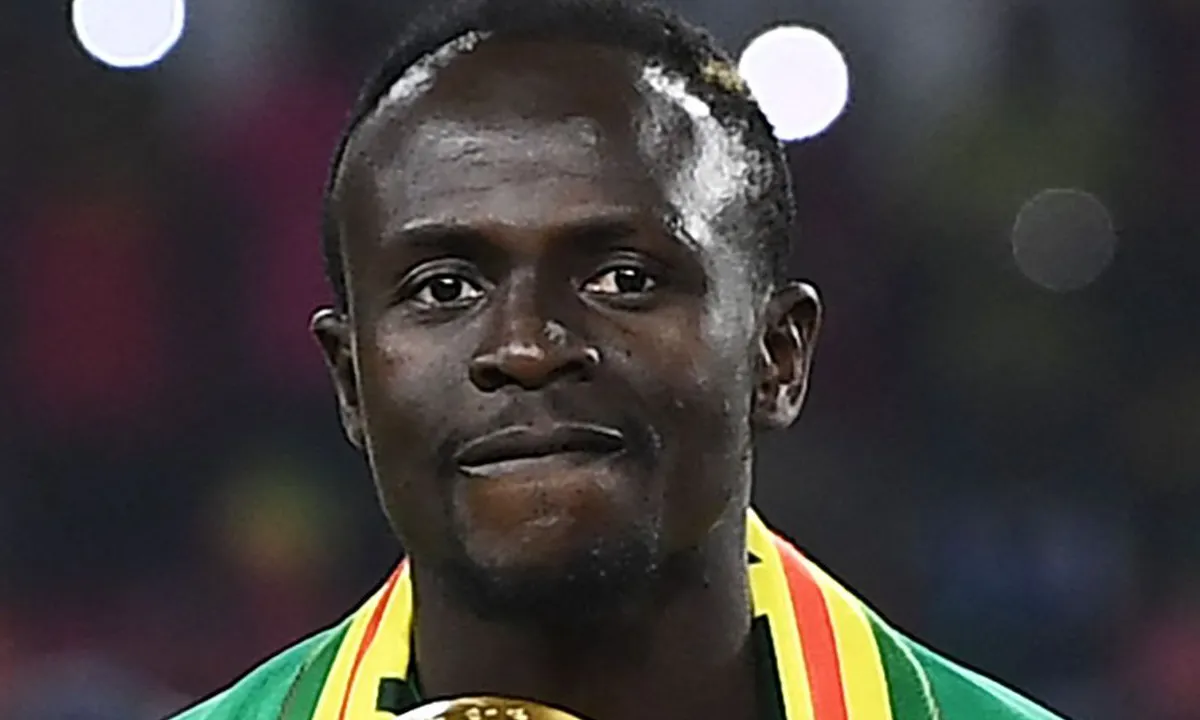Justice and Development Party Condemns Iranian Attack on Qatar
The Moroccan Justice and Development Party has condemned what it describes as "an overt Iranian assault" on Qatar, following Iran’s launch of missiles at the Al-Udeid Air Base on the evening of June 23.
Party leader Abdelilah Benkirane issued a statement expressing solidarity with Qatar and strongly denouncing Iran’s actions as a blatant violation of the Gulf nation’s sovereignty.
The party stated that Iran’s response to perceived attacks on its sovereignty should not come at the expense of an Arab country’s security and tranquility. It emphasized that Qatar is unrelated to the military aggression Iran faces from U.S. and Israeli forces, which they denounce.
Iranian Attack Details
The missile attack, executed in retaliation to U.S. strikes on Iranian nuclear facilities, has provoked widespread regional and international condemnation and has raised questions about its implications for regional security and diplomatic relations among the involved countries.
U.S. and Iranian sources reported that Tehran informed both Washington and Doha of its intention to carry out the attack in advance, allowing the U.S. to evacuate some military assets from the base. The Qatari Ministry of Defense confirmed that its air defense systems successfully intercepted the Iranian missiles, preventing significant casualties or material damage. However, residents of Doha reported hearing loud explosions throughout the city, raising concerns due to a lack of prior warnings from local authorities.
Conflicting narratives have emerged concerning the nature of the attack. The U.S. Department of Defense described it as "largely symbolic," indicating that no U.S. personnel were harmed. In contrast, Iranian state television claimed that six missiles struck the base. Egyptian military expert General Nasr Salem suggested that the incident may have been a "coordinated show" between Iran, the U.S., and Qatar, designed to prevent casualties and ease tensions.
Qatari Responses
Qatar condemned the attack as a "gross violation" of its sovereignty and airspace, asserting that it constituted a breach of international law and the U.N. Charter. Qatari Foreign Ministry spokesperson Majed Al-Ansari declared that Doha reserves the right to respond proportionately, consistent with international law, and described the attack as unexpected given Qatar’s diplomatic efforts to de-escalate regional tensions.
The Qatari Ministry of Defense reassured that the country’s airspace and territory remain secure and that armed forces are prepared for any emergency. Citizens and residents were encouraged to follow official news sources to avoid misinformation. In a precautionary measure, Qatar temporarily closed its airspace, leading to flight cancellations in the region.
Regional and International Condemnations
The attack triggered a broad wave of condemnation from Arab and international actors. The Gulf Cooperation Council (GCC) strongly denounced the assault, with Secretary-General Jassim Al-Budaiwi describing it as a "blatant violation of Qatar’s sovereignty" and a direct threat to the security of GCC nations. The Council called upon the international community and the U.N. Security Council to take steps to deter Iran and prevent escalation.
Arab nations, including Saudi Arabia, the UAE, Iraq, Kuwait, Jordan, Palestine, and Morocco, also condemned the attack, labeling it a threat to regional security. These countries expressed solidarity with Qatar and urged for restraint and a return to diplomatic dialogue.
Internationally, French President Emmanuel Macron conveyed France’s solidarity with Qatar and called for maximum restraint to ease tensions. Meanwhile, the U.S. has yet to issue a direct military response, though reports suggest Washington is evaluating its options.




